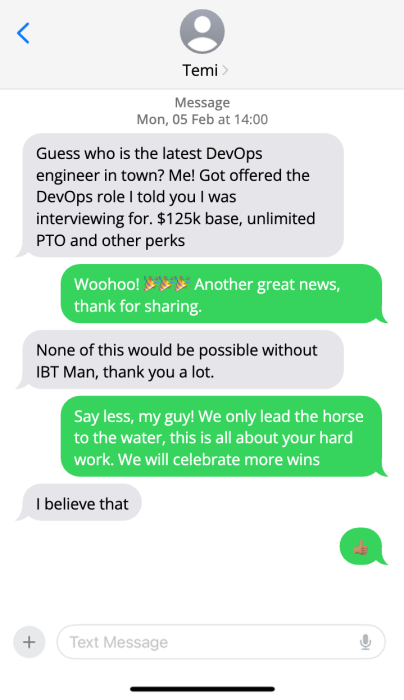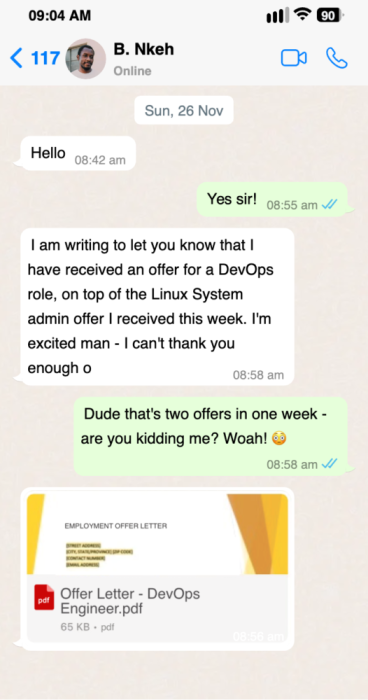Overview of Python
The Companies using Python
Other applications in which Python is used
Discuss Python Scripts on UNIX/Windows
Variables
Operands and Expressions
Conditional Statements
Loops
Command Line Arguments
Writing to the screen
Hands-On:
Creating “Hello World” code
Variables
Demonstrating Conditional Statements
Demonstrating Loops
Sequences & File Operations
Learn different types of sequence structures, related operations, and their usage. Also learn diverse ways of opening, reading, and writing to files.
Topics:
Python files I/O Functions
Lists and related operations
Tuples and related operations
Strings and related operations
Sets and related operations
Dictionaries and related operations
Hands-On:
Tuple - properties, related operations, compared with list
List - properties, related operations
Dictionary - properties, related operations
Set - properties, related operations
Deep Dive - Functions, OOPs, Modules, Errors and Exceptions
Learning Objective: In this module, you will learn how to create generic python scripts, how to address errors/exceptions in code, and finally how to extract/filter content using regex.
Topics:
Functions
Function Parameters
Global variables
Variable scope and Returning Values
Lambda Functions
Object Oriented Concepts
Standard Libraries
Modules Used in Python (OS, Sys, Date and Time etc.)
The Import statements
Module search path
Package installation ways
Errors and Exception Handling
Handling multiple exceptions
Hands-On:
Functions - syntax, arguments, keyword arguments, return values
Lambda - features, syntax, options, compared with the functions
Sorting - sequences, dictionaries, limitations of sorting
Errors and exceptions - types of issues, remediation
Packages and module - modules, import options, sys path
Introduction to Numpy & Pandas
Learning Objective: This Module helps you get familiar with the basics of statistics, different types of measures and probability distributions, and the supporting libraries in Python that assist in these operations.
Topics:
NumPy - arrays
Operations on arrays
Indexing slicing and iterating
Reading and writing arrays on files
Pandas - data structures & index operations
Reading and Writing data from Excel/CSV formats into Pandas
Hands-On:
NumPy library- Installation, Creating NumPy array, operations performed on NumPy array
Pandas library- Installation, creating series and dataframes, Importing and exporting data
Data Visualization
Learning Objective: In this module, you will learn in detail about data visualization.
Topics:
matplotlib library
Grids, axes, plots
Markers, colors, fonts and styling
Types of plots - bar graphs, pie charts, histograms
Contour plots
Hands-On:
Matplotlib - Installation, Using Scatterplot, histogram,bar graph, pie chart to show information, Styling of Plot






































